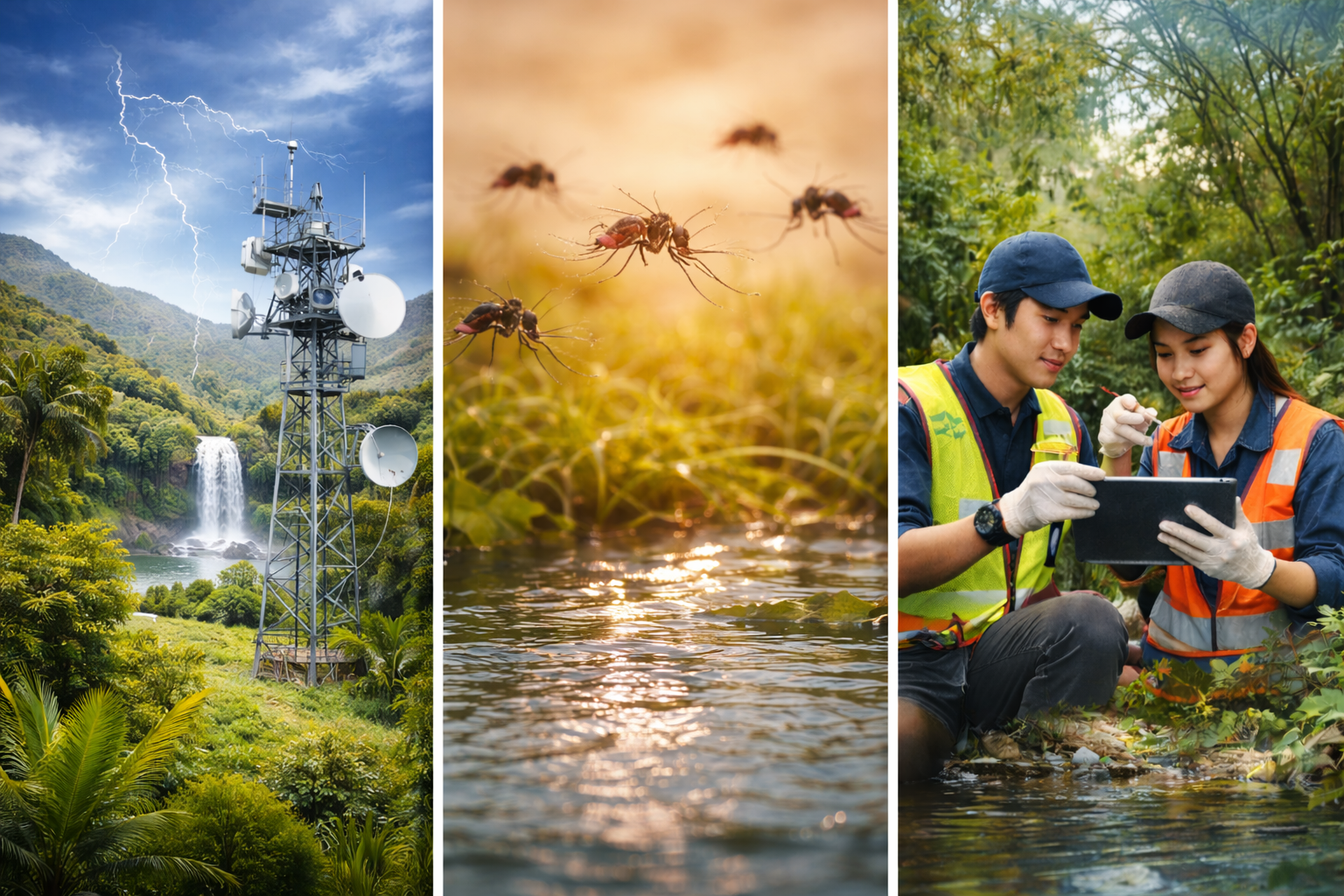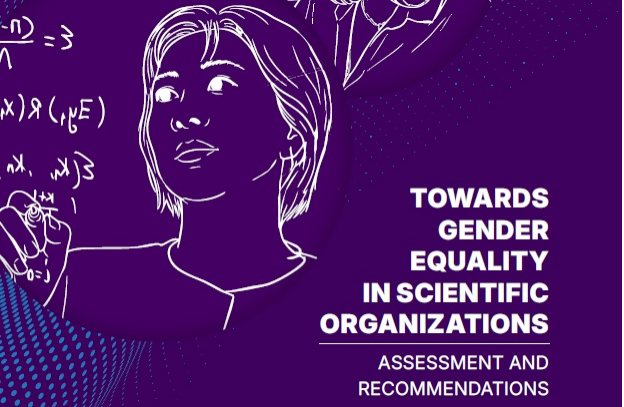As part of its mission to support integrated, solutions-oriented science globally, the International Council for Science (ICSU) has signed a 5-year agreement with the Swedish International Development Cooperation Agency (Sida) for a 5 million euro programme to strengthen research capacity for sustainability in Africa.
The programme will provide two-year collaborative research grants with a thematic focus on global environmental change, disaster risk reduction, sustainable energy, human health and well-being in urban environments and related nexus issues. The programme will also promote the integration of gender and poverty reduction concerns. Integrated Research on Disaster Risk, as one of ICSU’s co-sponsored international research programmes, will work with Future Earth, and Health and Wellbeing in the Changing Urban Environment to provide an overall thematic framing for the programme’s activities.
The programme, which ends in December 2020, will be delivered by ICSU in conjunction with its Regional Office for Africa (ICSU ROA)based in Pretoria, South Africa, the Network of African Science Academies (NASAC) based in Nairobi, Kenya and the International Social Science Council (ISSC) based in Paris, France.
By providing support for integrated research projects on global sustainability across Africa, the programme seeks to develop the potential of next-generation scientists in Africa in production and communication of policy-relevant knowledge.
The grants are intended to support integrated and solutions-oriented research by reaching across disciplines, and engaging with other knowledge partners (e.g. civil society, policy makers, and private sector). The grants are expected to foster research collaboration among early-career scientists in Africa, with an emphasis on researchers based in low income countries. Two Africa-based institutions, NASAC and ICSU-ROA, will manage the research funding scheme.
Activities will also include training for early career scientists on co-design and co-production, science communication and science advice to governments. The training will be delivered by ISSC.
It is an important priority for the programme to reach a broad range of audiences, ranging from the scientific community to policymakers and the public at large. The knowledge generated by the programme will also inform policy processes such as the Agenda 2063 of the African Union, the Sendai Framework on Disaster Risk Reduction and the 2030 Agenda for Sustainable Development.
Annual events will be organized to promote scientific exchange and provide opportunities for South-South and North-South research collaboration. Outstanding early career scientists will also have opportunities for career development through participation in international scientific committees and conferences, working groups, and inter-governmental policy processes.
An advisory committee will be appointed in June 2016. This committee will include natural and social scientists from Africa, stakeholder representatives and leadership representatives of all partners involved. The committee will meet every year to define the programme’s scientific strategy, make research funding decisions based on review of research proposals and agree on the development of the programme.
The first call for pre-proposals will be launched in the second half of 2016 through partners’ websites. Representatives of successful pre-proposals will be invited to attend a training event on integrated research to be held during fall of 2016. Following the training, participants will be given two months to develop full proposals, which will be peer-reviewed. Based on the review, the programme advisory committee will make research funding decisions to be announced in the beginning of 2017.
Visit the programme’s pages for more information and for how to get involved. For any inquiry please contact Lira2030Africa@icsu.org
Quotes:
- Prof. Mostapha Bousmina, President of NASAC:
This programme will provide science academies in Africa an opportunity to engage more closely with young scientists, who have a direct impact on the research landscape of the continent. It will also support contextually relevant research with a global view for the benefit of future generations
- Cheryl de la Rey, member of ICSU Executive Board, the Vice-Chancellor and Principal of University of Pretoria, Republic of South Africa:
The success of Agenda 2063 – Africa’s long-term development strategy is reliant on a step change in our approaches to development. Truly integrated, transdisciplinary research that bridges social and natural sciences offers enormous potential for African development, particularly, when we recognise that such research must take seriously the need for engagement between the scientific community and stakeholders across the public, private and voluntary sectors to encourage scientific innovation and address policy needs.
- Prof Samuel Babatunde-Agbola, University of Ibadan, Nigeria, Chair of the ICSU Regional Committee for Africa
This new initiative is important because it will promote integrated, collaborative and solutions-oriented research involving African natural and social scientists, with a view to supporting and tapping into regional coalitions of academic/research institutions, policy makers and other stakeholders as well as support structures. This will help to generate contextually appropriate and relevant knowledge required to achieve the African sustainable development agenda.
- Alberto Martinelli, President of the ISSC:
“The LIRA 2030 programme is a welcome addition to promote and strengthen inter- and transdisciplinary science in Africa. There is a great demand on all sciences, natural and social, to address the complex , integrative problems facing society and an urgency to do so in partnership with other societal partners. This research programme will provide early career African scientists with excellent opportunities for building collaborative research networks working on solutions-oriented science”.
Resource from ICSU http://www.icsu.org/news-centre/news/top-news/icsu-signs-a-five-year-agreement-with-sida-to-support-integrated-science-in-africa, slightly edited.





